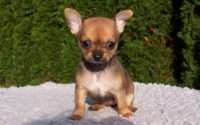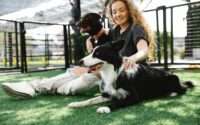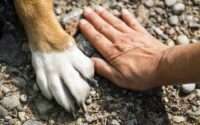How to Stop Dog from Eating Poop: Home Remedies That Actually Work!
As pet owners, we love our furry friends unconditionally. We want to provide them with the best possible care, from feeding them nutritious meals to ensuring they get enough exercise. However, sometimes our dogs exhibit behavior that is less than desirable. One such behavior is coprophagia, or the act of eating poop.
This behavior is not only unpleasant and unhygienic but can also expose our dogs to potential health hazards. For instance, dogs who eat poop can be at risk of contracting harmful bacteria, parasites, or viruses that can cause illness.
Thankfully, there are effective home remedies that pet owners can use to stop their dogs from eating poop. In this article, we’ll explore these remedies and how to use them to address coprophagia in our furry friends.
Understanding Why Dogs Eat Poop
Prior to exploring the remedies, it’s essential to comprehend the underlying reasons for this behavior. Coprophagia can have medical or behavioral reasons, and it’s essential to identify the root cause in order to address the behavior effectively.
Some medical reasons for coprophagia include enzyme deficiencies, malabsorption syndromes, or pancreatic insufficiency. Behavioral reasons can include boredom, anxiety, attention-seeking behavior, or even simply being attracted to the smell of feces.
As a pet owner, it’s important to observe your dog’s behavior and identify any potential medical or behavioral causes for coprophagia. By doing so, you can better determine the appropriate remedy for your furry friend’s particular situation.
Tips and Home Remedies for Preventing Coprophagia
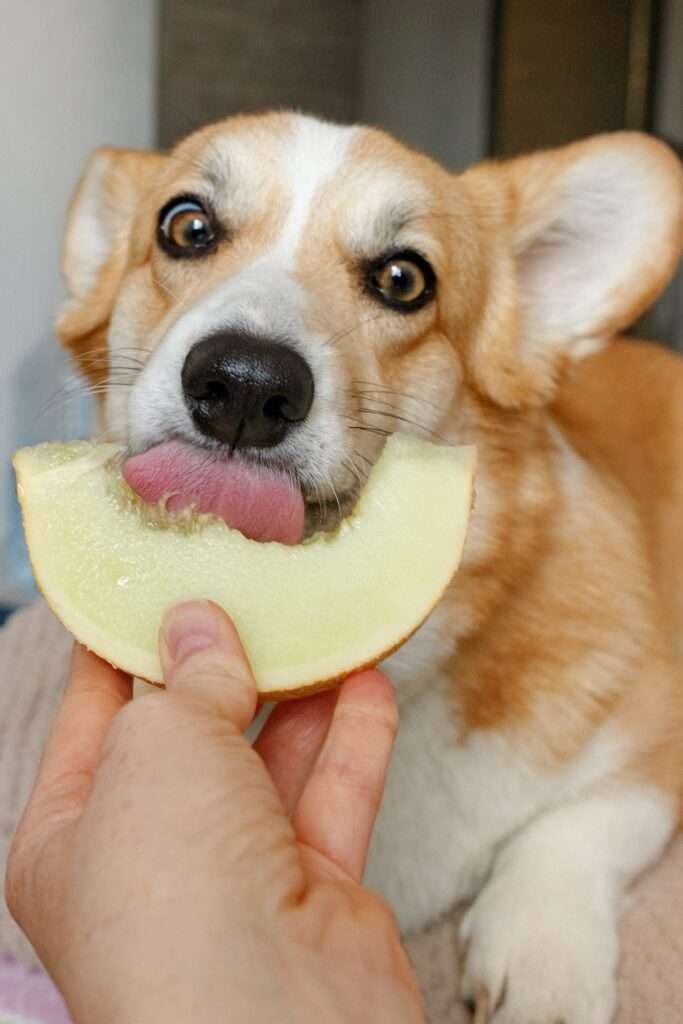
Fortunately, there are numerous home remedies available to pet owners seeking to deter their dogs from consuming feces. One effective method is to supplement your dog’s diet with digestive enzymes. These enzymes can help improve your dog’s overall digestion, making their food more appealing and reducing the likelihood of coprophagia.
Incorporating natural ingredients into your dog’s diet, such as pumpkin, sweet potato, or pineapple, is another effective home remedy. These foods contain enzymes that can aid in digestion and make your dog’s stool less appealing to them.
Deterrents can also be effective in stopping coprophagia. Hot sauce, bitter apple spray, or cayenne pepper can be added to your dog’s food or applied directly to the feces to make it unappetizing.
Regular exercise and playtime can also be effective in reducing coprophagia. By providing your dog with plenty of opportunities to burn off energy and engage in stimulating activities, they may be less likely to engage in undesirable behaviors.
Training your dog to “leave it” or “drop it” on command is another effective way to prevent coprophagia. This can be achieved through positive reinforcement training techniques, which reward good behavior and discourage undesirable behavior.
Finally, providing your dog with alternative toys and chews to play with can also be effective in reducing coprophagia. By providing your dog with plenty of safe and stimulating toys and chews, they may be less likely to engage in undesirable behaviors.
Effective Ways to Put an End to Poop-Eating in Dogs
In addition to home remedies, there are several dietary changes pet owners can make to prevent coprophagia. Increasing the amount of fiber in your dog’s diet can make their stool less appealing and reduce the likelihood of coprophagia.
Switching to a higher quality dog food brand can also be effective in preventing coprophagia. Lower quality dog foods may contain fillers and other ingredients that can lead to digestive issues and coprophagia.
Limiting your dog’s access to feces by cleaning up after them immediately can also be effective in preventing coprophagia. By removing the source of temptation, you can reduce the likelihood of your dog engaging in this behavior.
Finally, changing your dog’s feeding schedule or location can also be effective in preventing coprophagia. By feeding your dog at regular intervals and in a specific location, you can help establish a routine and reduce the likelihood of coprophagia.
Training Your Dog to Stop Eating Poop
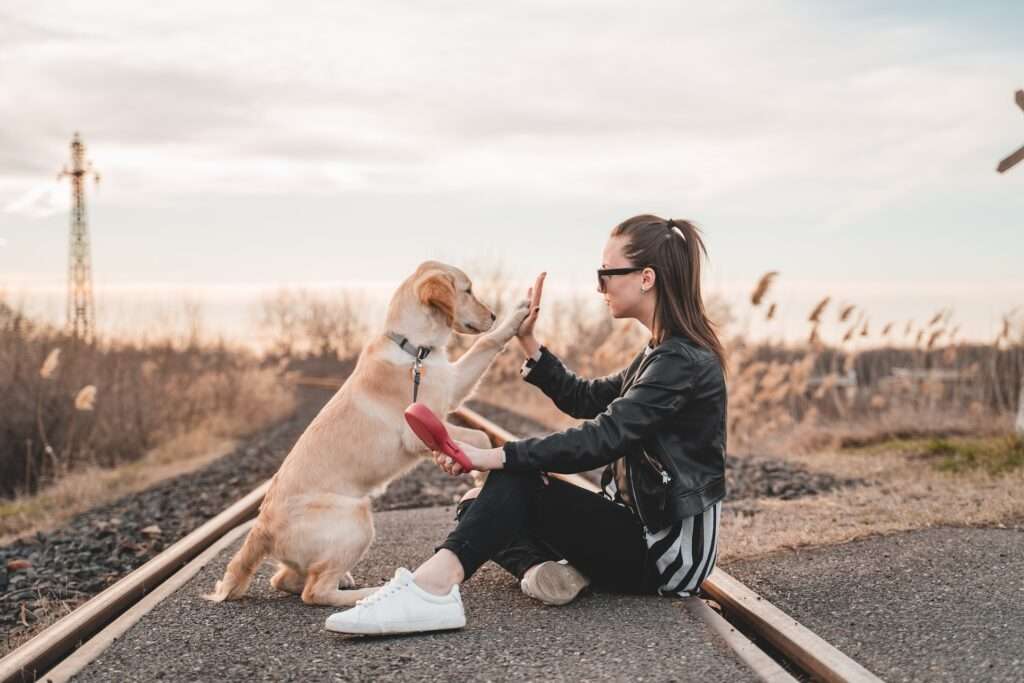
Positive reinforcement training techniques can be effective in stopping coprophagia. By rewarding good behavior and ignoring undesirable behavior, you can help train your dog to avoid eating poop.
One effective technique is to reward your dog with a treat or praise when they successfully “leave it” or “drop it” on command. Consistency and repetition are key in reinforcing this behavior.
An additional approach is to offer your dog abundant positive reinforcement whenever they exhibit desirable behaviors, such as playing with toys or participating in other mentally stimulating activities. By doing so, you can help redirect their attention away from undesirable behaviors like coprophagia.
Finally, it’s important to avoid punishment or negative reinforcement techniques, as these can be counterproductive and potentially harmful to your dog. Instead, focus on positive reinforcement and consistent training to help address coprophagia in your furry friend.
Personal Stories and Anecdotes
Many pet owners have dealt with coprophagia in their furry friends, and have found success in addressing the behavior using a combination of home remedies and positive reinforcement training techniques.
One pet owner, Rachel, shared her story of dealing with coprophagia in her dog, Max. “It was really frustrating to deal with,” she says. “I tried everything from dietary changes to deterrents, but nothing seemed to work.”
However, Rachel ultimately found success using positive reinforcement training techniques to redirect Max’s attention away from eating poop. “I started rewarding him with treats and praise when he successfully left it or dropped it on command, and that really helped,” she says. “It took some time and patience, but now he rarely engages in the behavior.”
Another pet owner, David, found success in addressing coprophagia by switching his dog’s diet to a higher quality food with increased fiber content. “I noticed a significant improvement in my dog’s poop-eating behavior after switching his diet,” he says. “His stool was less appealing, and he seemed less interested in eating it.”
These personal stories and anecdotes highlight the importance of patience, consistency, and a willingness to try different approaches in addressing coprophagia in dogs. With the right combination of home remedies, dietary changes, and positive reinforcement training techniques, it’s possible to effectively address this behavior and promote a happy and healthy relationship with your furry friend.
Conclusion
Coprophagia can be a frustrating and unpleasant behavior for pet owners to deal with. However, with the right home remedies, dietary changes, and positive reinforcement training techniques, it’s possible to effectively address this behavior in your furry friend.
Identifying the underlying cause of the behavior and collaborating with your veterinarian to eliminate any possible medical issues is crucial. From there, you can implement a combination of home remedies, dietary changes, and positive reinforcement training techniques to help stop coprophagia in its tracks.
Remember, patience and consistency are key in training your dog to avoid eating poop. By providing them with plenty of love, attention, and stimulating activities, you can help reduce the likelihood of undesirable behaviors like coprophagia and promote a happy and healthy relationship with your furry friend.
Frequently Asked Questions
Can anxiety or stress cause dogs to eat poop?
Yes, anxiety or stress can be a contributing factor to dogs eating poop. If you suspect that your dog’s poop-eating behavior is related to anxiety or stress, it’s important to address the underlying issue through training, exercise, and other interventions.
Are there any medical conditions that can cause dogs to eat poop?
Yes, there are some medical conditions that can cause dogs to eat poop, such as malabsorption syndromes or pancreatic insufficiency. If you suspect that your dog’s poop-eating behavior is related to a medical issue, it’s important to see a veterinarian for an evaluation.
When should I see a veterinarian if my dog is eating poop?
If your dog is eating poop and you’re unable to stop the behavior using training or home remedies, it’s important to see a veterinarian to rule out any underlying health issues that may be causing the behavior.
How can I prevent my dog from eating poop?
There are several strategies you can use to prevent your dog from eating poop, including training your dog to “leave it” or “drop it” on command, using positive reinforcement to encourage alternative behaviors, and using deterrents such as hot sauce or bitter apple spray to make poop unappetizing.
Is it harmful for dogs to eat poop?
While it’s generally not harmful for dogs to eat their own poop, it can be harmful if they eat the poop of other animals or if they have underlying health issues that are causing them to eat poop.
Can changing my dog’s diet help stop them from eating poop?
Yes, changing your dog’s diet can sometimes help stop them from eating poop. Some dogs may be more likely to eat poop if they are not getting enough nutrients from their food, so switching to a higher quality food or adding supplements may help.
Is it normal for puppies to eat poop?
Yes, it’s not uncommon for puppies to eat poop as they explore their environment and learn about the world around them. However, it’s important to discourage the behavior early on to prevent it from becoming a habit.
Can home remedies help stop my dog from eating poop?
Yes, there are several home remedies that may help stop your dog from eating poop, including adding apple cider vinegar or meat tenderizer to their food, adding digestive enzymes to their diet, and increasing their fiber intake.
Why do dogs eat poop?
There are several reasons why dogs eat poop, including nutritional deficiencies, boredom, stress, and learned behavior.
References
- “Coprophagia: Why Dogs Eat Poop and How to Stop It.” American Kennel Club, 2023, https://www.akc.org/expert-advice/health/why-dogs-eat-poop/.
- “Why Do Dogs Eat Poop?” PetMD, 2021, https://www.petmd.com/dog/behavior/why-do-dogs-eat-poop.
- “Why Dogs Eat Poop and How to Stop It.” Preventive Vet, 2022, https://www.preventivevet.com/dogs/why-does-my-dog-eat-poop.
- “Why Do Dogs Eat Poop? How Do I Make It Stop?” Chewy, 2023, https://be.chewy.com/why-do-dogs-eat-poop/.
- “Why Do Dogs Eat Poop? How to Stop This Behavior.” Hill’s Pet Nutrition, 2021, https://www.hillspet.com/dog-care/behavior-appearance/why-do-dogs-eat-poop.


